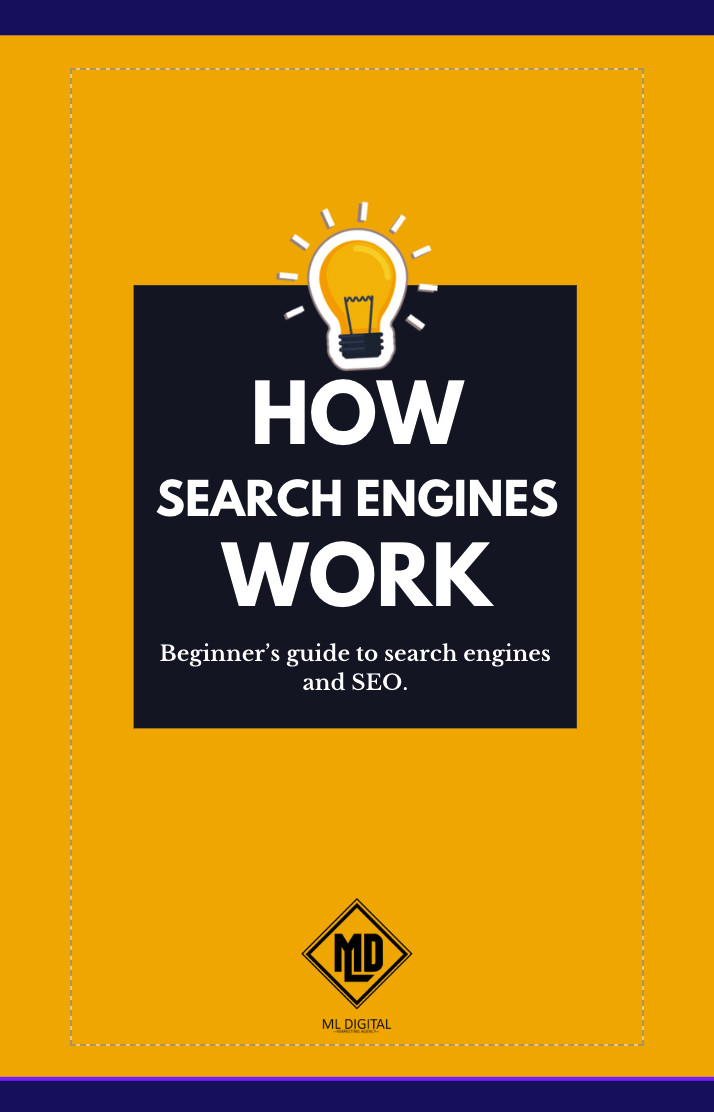How Do Search Engines Track You? Understanding Online Tracking and Privacy Risks
Ever wonder how search engines seem to know exactly what you’re looking for—even before you finish typing? It’s not magic, and no, they’re not reading your mind (yet). It all boils down to search engine tracking, a sophisticated system that collects data on your browsing habits, preferences, and even your location. But how exactly do they do it, and should you be concerned? Let’s break it down.
What is Search Engine Tracking?
The Basics of Online Tracking
Search engine tracking is the process of collecting, analyzing, and storing data about users’ online behavior. Every time you enter a search query, visit a website, or click on an ad, search engines gather information to improve user experience, personalize results, and (let’s be honest) make money from targeted ads.
Think of it this way: It’s like leaving breadcrumbs everywhere you go online. The more you search, the clearer your digital trail becomes. And guess who’s following those breadcrumbs? Google, Bing, Yahoo, and a whole army of advertisers.
Why Do Search Engines Track Users?
While it might sound a little creepy, search engine tracking isn’t necessarily bad. It helps:
- Improve search results – Ever notice how Google seems to “get” what you mean, even with typos?
- Provide personalized experiences – Like seeing ads for products you were just looking at? That’s not a coincidence.
- Enhance security – Tracking can help detect and prevent fraud or suspicious activity.
But, of course, there’s a fine line between helpful and invasive, which brings us to…
The Role of Algorithms in Data Collection
Search engines use complex algorithms to gather and process user data. These algorithms analyze browsing behavior, location, device type, and even time spent on certain pages. They then use this data to refine search rankings, deliver personalized ads, and suggest content you’re likely to engage with.
Ever searched for a random fact about penguins, only to get penguin-related ads for weeks? That’s algorithmic tracking at work.
Methods Search Engines Use to Track You
Cookies and Browser Fingerprinting
Cookies aren’t just tasty snacks—they’re small files stored on your browser that track website visits, login details, and preferences. While some cookies (like session cookies) are harmless and improve user experience, others (like third-party tracking cookies) follow you across multiple websites, building a detailed profile of your online habits.
Browser fingerprinting, on the other hand, takes things a step further. Instead of relying on cookies, it collects data from your device—your screen resolution, installed plugins, and even the fonts you use—to create a unique “fingerprint.” And unlike cookies, clearing your browser history won’t erase it.
Search History and Query Tracking
Every search you make is logged, stored, and analyzed. Search engines use this data to refine results and tailor suggestions. That’s why after searching for “best hiking boots,” you suddenly get articles about mountain trails and outdoor gear recommendations.
Think of search history tracking like a nosy friend who remembers every little thing you’ve ever mentioned—sometimes helpful, sometimes annoying.
Location Tracking and Geotargeting
Ever searched for “best coffee shop near me” and got eerily accurate results? That’s location tracking in action. Search engines use your IP address, GPS data, and Wi-Fi signals to pinpoint your location and deliver region-specific content.
While this is useful for finding nearby businesses, it also means that companies—and sometimes governments—know exactly where you are at all times.
Personalized Ads and Behavioral Targeting
If you’ve ever searched for a product and then seen ads for it everywhere, you’ve experienced behavioral targeting. Search engines analyze your activity and serve up hyper-relevant ads based on your interests.
The downside? It can feel like the internet is watching you (because it kind of is).
Why Does Search Engine Tracking Matter?
The Impact on Privacy and Data Security
While some tracking enhances user experience, excessive tracking raises serious privacy concerns. Data breaches, hacking, and even unauthorized government surveillance become bigger risks when so much information is collected.
How Collected Data is Used for Advertising and Analytics
Companies pay big money for user data. Search engines sell insights to advertisers, who then create personalized campaigns targeting specific demographics. That’s why your feeds feel like they “just know” what you want.
The Debate Over User Consent and Data Transparency
Many users aren’t even aware of how much data is being collected. While some search engines offer opt-out options, they’re often buried deep in settings. The lack of transparency leaves users with little control over their data.
How to Limit Search Engine Tracking?
Using Private Browsing and Incognito Mode
While private browsing prevents your searches from being saved locally, it does not stop websites or search engines from tracking you. It’s a useful tool, but it’s not a magic invisibility cloak.
Adjusting Search Engine Privacy Settings
Many search engines allow users to customize privacy settings. Turning off personalized ads, clearing search history, and disabling location tracking can help minimize exposure.
Alternative Search Engines That Prioritize Privacy
If you’re looking to ditch big-name trackers, try privacy-focused search engines like:
- DuckDuckGo – Doesn’t track your searches
- Startpage – Uses Google results but strips identifying data
- Brave Search – Focuses on private browsing
The Role of VPNs and Browser Extensions
A VPN (Virtual Private Network) encrypts your internet traffic and hides your IP address, making it harder for search engines to track you. Browser extensions like Privacy Badger and uBlock Origin can also block tracking scripts and cookies.
Final Thoughts on Search Engine Tracking and Online Privacy
Balancing Convenience and Data Protection
Let’s be real—completely avoiding search engine tracking is nearly impossible unless you ditch the internet altogether. But by taking small steps, you can reduce unnecessary tracking without sacrificing convenience.
Taking Control of Your Digital Footprint
Being mindful of your privacy settings, using alternative search engines, and blocking trackers can help keep your data in check. It’s about making informed choices, not paranoia.
Next Steps: Tools and Resources for Enhanced Privacy
Want to take control of your online privacy? Start by:
- Checking and adjusting your Google privacy settings
- Using browser extensions to block trackers
- Trying a VPN for added security
Need expert guidance on digital privacy? Contact us for a free consultation and take control of your online security today!
FAQs
1. Can search engines track me if I’m not signed into an account?
Yes, even if you’re not signed in, search engines track you through cookies, IP addresses, and browser fingerprints.
2. Does clearing my browser history stop search engines from tracking me?
No, clearing your history only removes local records. Search engines still store data on their servers.
3. Are search engines allowed to sell my personal data?
Most search engines don’t sell personal data directly but use it to generate revenue through targeted advertising.
4. Can using a VPN completely stop search engine tracking?
A VPN hides your IP address, but search engines can still track you through cookies, browser settings, and account logins.
5. Is it possible to use search engines without being tracked at all?
It’s difficult, but using privacy-focused search engines like DuckDuckGo or Startpage can significantly reduce tracking.



